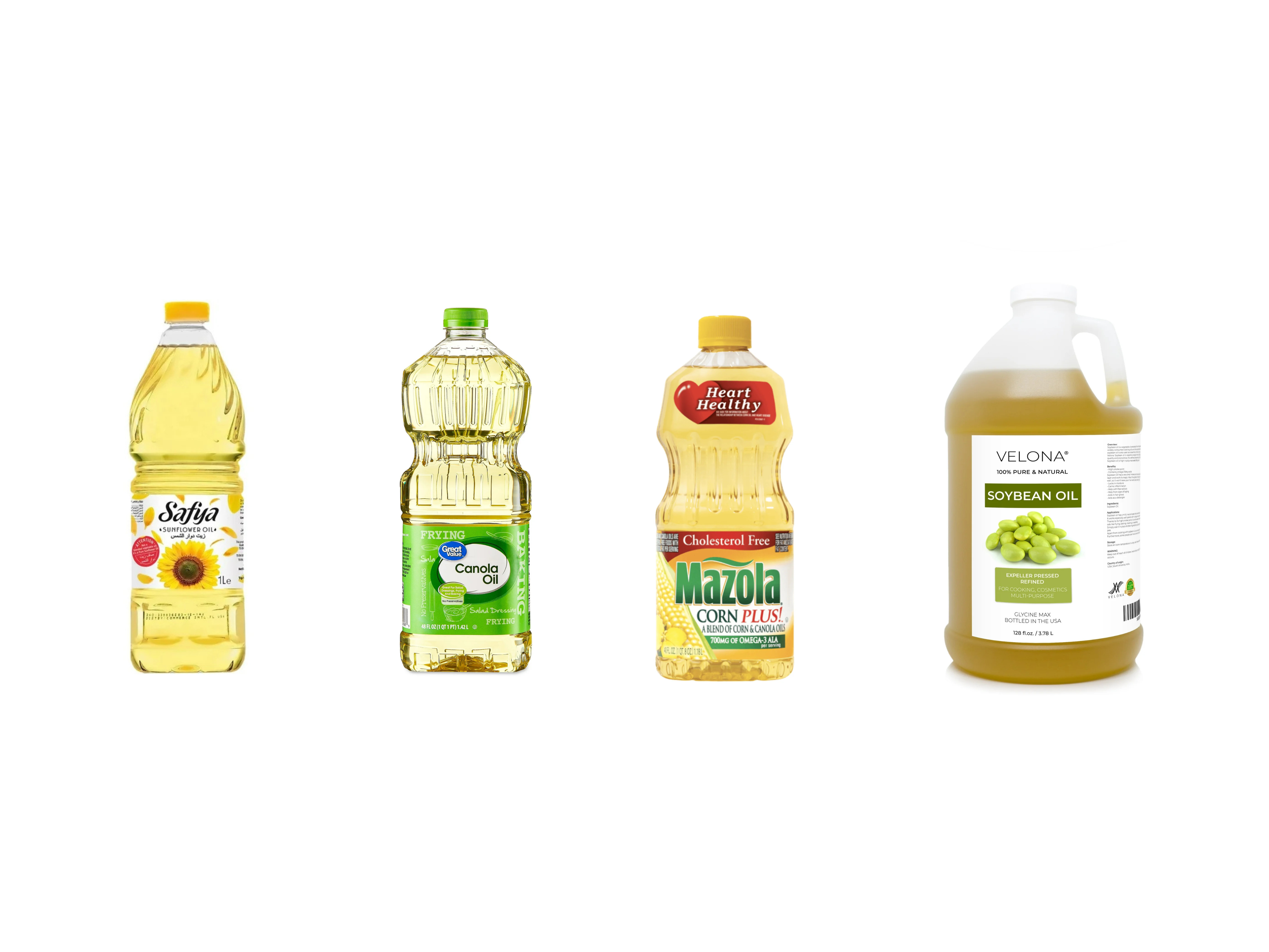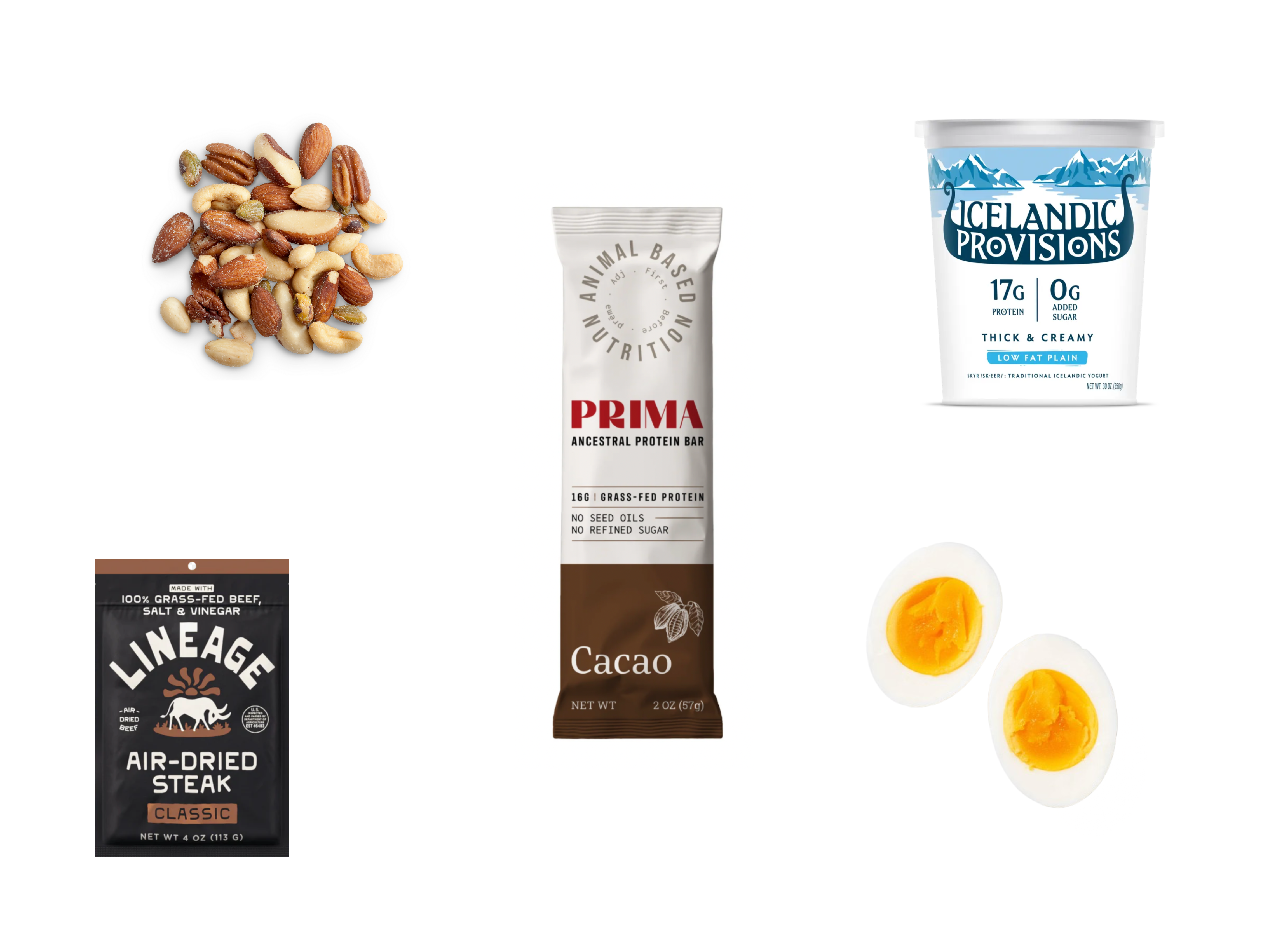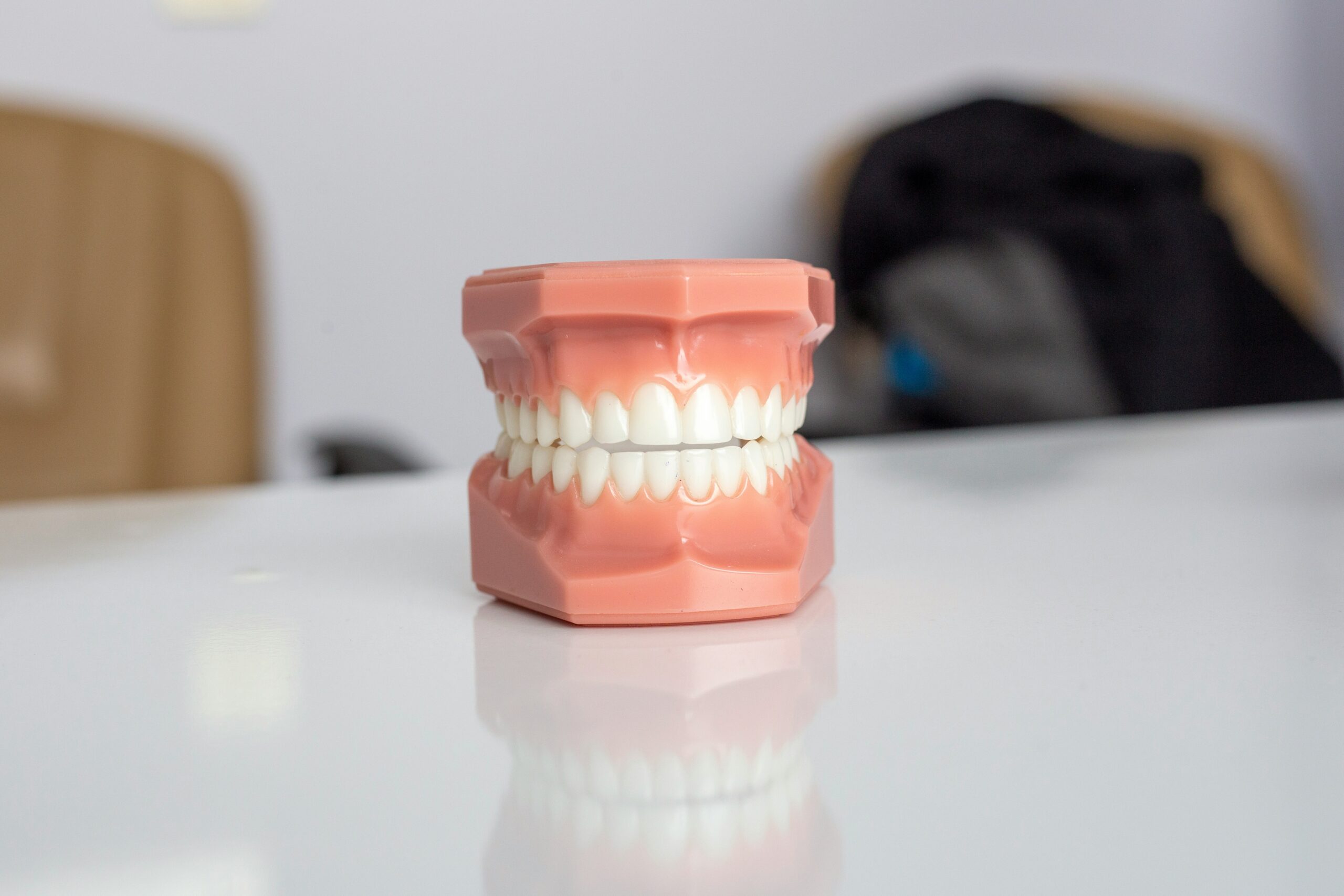
Seed oils are everywhere. Used in cooking, packaged foods, and even “health” products. But a growing body of research suggests these oils may not be as safe or beneficial as once believed.
If you’re wondering what seed oils are and whether they’re bad for your health, this post breaks down the science, especially how they impact your body at the cellular level and how they may increase oxidative stress, inflammation, and even sensitivity to sunlight.
What Are Seed Oils?
Seed oils (also knowns as vegetable oils) are industrially processed oils extracted from plant seeds using high heat, pressure, and chemical solvents like hexane. After extraction, they’re deodorized and refined for a long shelf life.
Common seed oils include:
- Canola (rapeseed) oil
- Soybean oil
- Corn oil
- Sunflower oil
- Cottonseed oil
- Grapeseed oil
- Flaxseed oil
- Rice bran oil
- Sesame oil
- Pumpkin seed oil
- Hemp seed oil
These oils are high in polyunsaturated fatty acids (PUFAs), particularly linoleic acid, an omega-6 fatty acid known for its chemical instability.
Related Post
Is Olive Oil a Seed Oil? What You Need to KnowWhy Are Seed Oils Potentially Harmful?
The issue with seed oils lies in their structure. PUFAs contain multiple double bonds, making them highly prone to oxidation when exposed to heat, oxygen, or light — during both cooking and digestion.
When oxidized, these fats form lipid peroxides, which contribute to:
- Systemic inflammation
- Cell membrane damage
- Mitochondrial dysfunction
- DNA and protein damage
- Accelerated skin aging and disease risk
This process, called lipid peroxidation, is a major driver of oxidative stress in the body.
The Oxidation Effect
Oxidized fats don’t just affect your internal health, they show up in your skin too. When you consume high-PUFA oils, your cells (+ skin cells) incorporate these unstable fats. Then, when exposed to UV light, these fats break down further, generating free radicals and cellular damage. Over time, that oxidative stress isn’t just a cosmetic issue, it’s been linked to DNA damage and even increased cancer risk.
In other words, consuming unstable PUFA oils is causing your body to run from the inside out. The oxidation doesn’t stop at your bloodstream. It affects your skin barrier, your immune system, and long-term health.
Seed Oils and Your Skin in the Sun
Ever wonder why some people burn easily while others seem to tan effortlessly? Your dietary fat profile may be a key factor.
Those consuming fewer seed oils and more stable fats like butter, ghee, and tallow often report:
- Less sunburn
- More golden, even tans
- Reduced redness and peeling
- Stronger, more resilient skin barrier
This is because saturated fats do not oxidize in the same way. They’re chemically stable and help maintain cellular integrity, even under sun exposure.
A More Stable Alternative
Saturated fats and monounsaturated fats are far more heat and light stable. Here’s a list of what to use instead of seed oils:
- Grass-fed butter and ghee (I use butter for everything I cook!)
- Beef tallow and coconut oil for high-heat cooking
- Avocado oil and extra virgin olive oil for dressings and low-heat uses
How to Shop for Packaged Snacks Without Seed Oils
When buying packaged snacks, always flip the product over and read the ingredient list. Don’t rely on front-label marketing. There’s a lot of greenwashing in the health industry. Look out for inflammatory seed oils like soybean, canola, sunflower, safflower, and corn oil. These oils are commonly used in chips, crackers, trail mixes, granola bars, and even chocolate.
Instead, choose snacks made with more stable fats like avocado oil, coconut oil, butter, ghee, beef tallow, or olive oil. Look for clear labeling such as “seed oil free” or “cooked in avocado oil.” Prioritize products with short, simple ingredients you recognize. Organic or minimally processed options are also great indicators or better-quality fats and fewer hidden additives.
Try these better options:
So, are seeds oils bad for you?
From oxidative stress to skin damage, the risks are increasingly clear. While eliminating them entirely can be challenging (especially when going out to eat), reducing your intake and replacing them with more stable fats, can be supportive to your cellular function, reduce inflammation, and build healthier skin.
What are seed oils doing to your body? That’s a question worth asking especially if you’re dealing with inflammation, low energy, or skin sensitivity. It becomes a cellular issue!

6 Best High Protein Snacks (Simple, Easy, & Yum)
The best high protein snacks include jerky, eggs, dairy, cheese, and nuts when paired properly for fullness and steady energy.

The 2 p.m. Slump Is Not Normal, Here’s How to Beat the Afternoon Slump for Real
If you crash every afternoon, your body is asking for support, not more caffeine. Here’s how to beat the afternoon slump naturally with simple daily shifts.

How to Heal Early Tooth Decay and Remineralize Naturally
I spent a year intentionally balancing my minerals, nourishing my body, and practicing natural oral care to successfully remineralize my teeth naturally and heal early decay.





[…] NØKAP Blog: What Are Seed Oils? Are They Bad For You? […]
[…] NØKAP: What Are Seed Oils? Are They Bad for You? […]
[…] NØKAP: What Are Seed Oils? Are They Bad for You? NØKAP: Best Salt for your Diet: Choosing Non-Toxic Salt […]
Comments are closed.